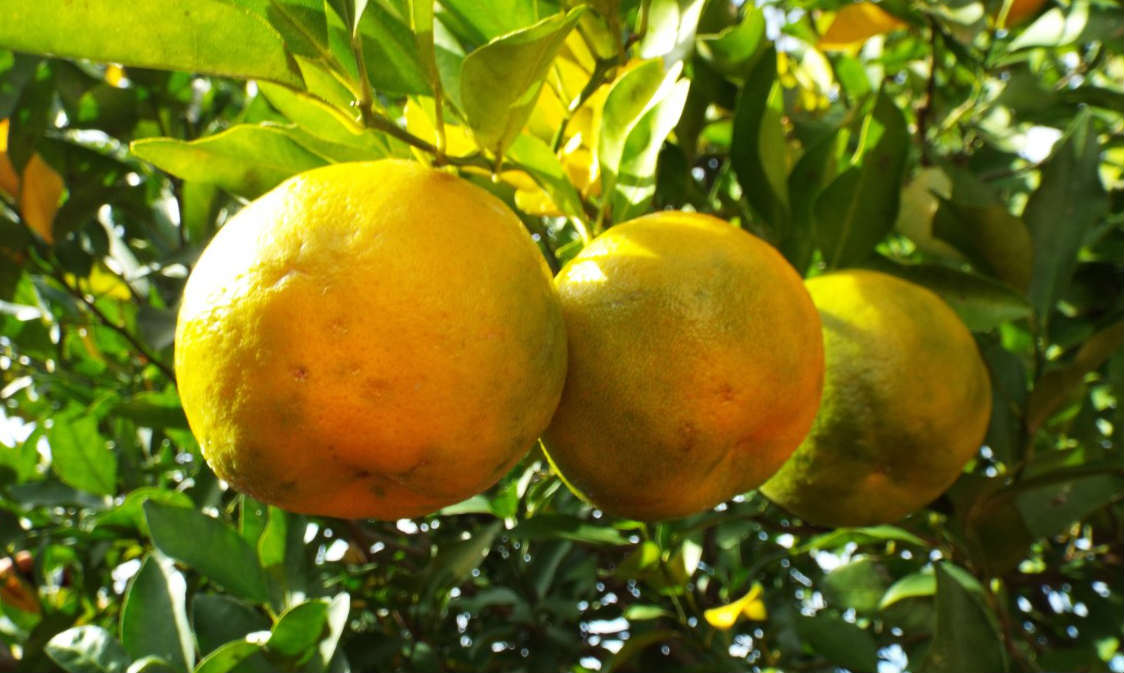
Persons with CMS are twice as likely to die of heart disease and up to three times more likely to suffer a heart attack or stroke. They are also prone to non alcoholic fatty liver disease. This condition is characterized by raised triglycerides, high blood pressure and insulin resistance leading to raised glucose levels and increased deposits of abdominal fat.
Medications are available to deal with the symptoms, such as statins and diabetic medications and insulin, but all treatments are more effective when addressed by diet and exercise as well as prescription medicine. There have been many studies examining the best dietary approaches to these illnesses. Hippocrates, the father of modern medicine urged us to let food be our medicine. Science takes this admonition seriously and studies how various foods can benefit and support wellness.
One food substance that has received extensive research is bergamot. This is a fragrant citrus fruit that is about the size of an orange and green to yellow in color. It is native to the region of Italy known as Calabria. Traditionally people with fatty artery diseases have been encouraged to eat this fruit. This traditional remedy has been the subject more recently of scientific studies. Researchers have been looking at the multiple polyphenols in this fruit and the effect of them on CMS and fatty liver disease.
Using the polyphenol extract gives a more concentrated dose of the active substances and shows a more consistent result.
The scientific community has tested the citrus polyphenols on animals, such as rats, that have been fed a diet likely to cause non-alcoholic fatty liver disease. The studies showed that the polyphenols decreased LDL cholesterol and triglycerides as well as having moderate effects on obesity and blood glucose in the test animals.
Proceeding from animal tests to human tests similar positive results have been seen in patients with fatty liver disease and metabolic syndrome. Blood lipid profiles have been shown to improve in test subjects given the bergamot extract as compared to those who did not receive it.
Testing done on bergamot polyphenols has studied the relationship with established drug regimens. As an example cholesterol and other blood lipids improve, even when doses of statins are reduced if the extract is given concurrently. The advantage of reducing dosages of statins is that reduced dosages also reduce the possibility of unwanted side effects. Data has been accumulated by conducting double blind studies of the extract alone, the extract combined with rosuvastatin and a placebo group.
Naturally occurring substances, when extracted and concentrated offer hope and natural support to stabilize lipids and sugars in people with cardiometabolic syndrome and non alcoholic fatty liver disease. Science and nature are working together to improve lifespan and the quality of that life.


Leave a Reply